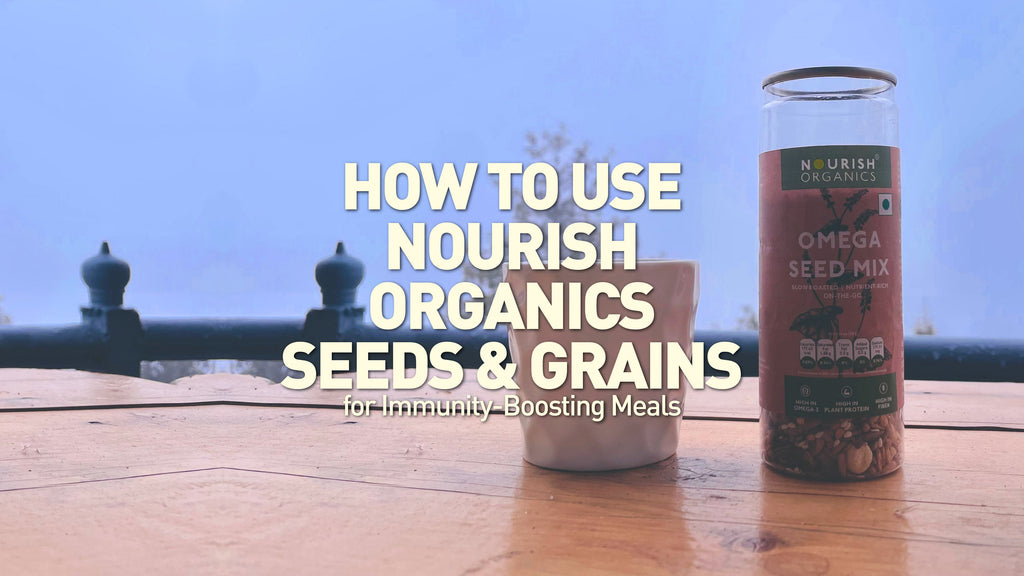
Mindful Eating: Savoring the Flavors of Every Bite

In a world where meals are often rushed and multitasking has become the norm, the concept of mindful eating offers a refreshing alternative—one that encourages us to slow down, savor the moment, and truly appreciate the nourishment that each bite brings. Mindful eating is not just a trend; it's a transformative practice that can profoundly impact our relationship with food and our overall well-being.
What is Mindful Eating? - At its core, mindful eating is about bringing awareness and attention to the act of eating. It involves being fully present in the moment, engaging all your senses, and cultivating a deep appreciation for the flavors, textures, and sensations of the food you consume. Unlike mindless eating, which often involves consuming food quickly and without much thought, mindful eating encourages a conscious and intentional approach to meals.
The Benefits of Mindful Eating
- Improved Digestion: Mindful eating promotes better digestion by allowing your body to engage its natural processes fully. Chewing food thoroughly and paying attention to the act of swallowing supports the digestive system and helps prevent issues like indigestion.
- Enhanced Satisfaction: When we eat mindfully, we become attuned to our body's signals of hunger and fullness. This awareness reduces the likelihood of overeating, as we learn to recognize when we're satisfied and can savor the feeling of contentment that comes with a well-balanced meal.
- Weight Management: Mindful eating has been associated with healthier weight management. By focusing on the sensory experience of eating, individuals are less likely to turn to emotional or impulsive eating habits, contributing to a more balanced relationship with food.
- Increased Enjoyment of Food: Mindful eating encourages a deeper appreciation for the flavors and textures of food. By savoring each bite, you can derive more pleasure from your meals, making the dining experience more satisfying and fulfilling.
- Stress Reduction: Taking the time to eat mindfully can have a positive impact on stress levels. By concentrating on the present moment and distancing oneself from distractions, individuals may find that mealtime becomes a peaceful and rejuvenating break in their day.
Practical Tips for Mindful Eating
- Create a Nourishing Environment: Set the stage for mindful eating by creating a calm and inviting eating space. Turn off electronic devices, dim the lights, and create an atmosphere that allows you to focus on your meal without distractions.
- Engage Your Senses: Before taking the first bite, take a moment to appreciate the visual appeal of your meal. Notice the colors, textures, and arrangement of the food. As you eat, pay attention to the aroma, flavors, and the sounds of each bite.
- Chew Thoroughly: Practice mindful chewing by taking the time to chew each bite thoroughly. This not only aids digestion but also allows you to fully experience the taste and texture of the food.
- Listen to Your Body: Tune in to your body's hunger and fullness cues. Eat when you're hungry and stop when you're satisfied. Avoid the temptation to eat quickly or finish your plate out of habit.
- Appreciate Each Bite: As you eat, savor each bite as if it were the first. Notice the changing flavors and textures, and appreciate the journey your food takes from your plate to your palate.
- Mindful Eating Meditation: Consider incorporating mindfulness meditation into your eating routine. Take a few deep breaths before starting your meal, and focus on the sensations of eating, bringing your attention back to the present moment if your mind starts to wander.
Cultivating a Mindful Eating Lifestyle
Mindful eating is not a one-time practice; it's a way of approaching meals that can be integrated into your daily life. Start by choosing one meal or snack each day to eat mindfully. Gradually, as you become more comfortable with the practice, you can extend it to other meals. The key is to approach mindful eating with a sense of curiosity and openness, allowing it to become a natural part of your relationship with food.
In a world where the pace of life often feels relentless, mindful eating provides a sanctuary—a moment of stillness and appreciation in the midst of our busy lives. By savoring the flavors of every bite, we not only nourish our bodies but also cultivate a deeper connection with the food we consume. As we embrace mindful eating, we embark on a journey that goes beyond the plate, fostering a more profound awareness of the present moment and a renewed sense of gratitude for the simple joy of a shared meal.














